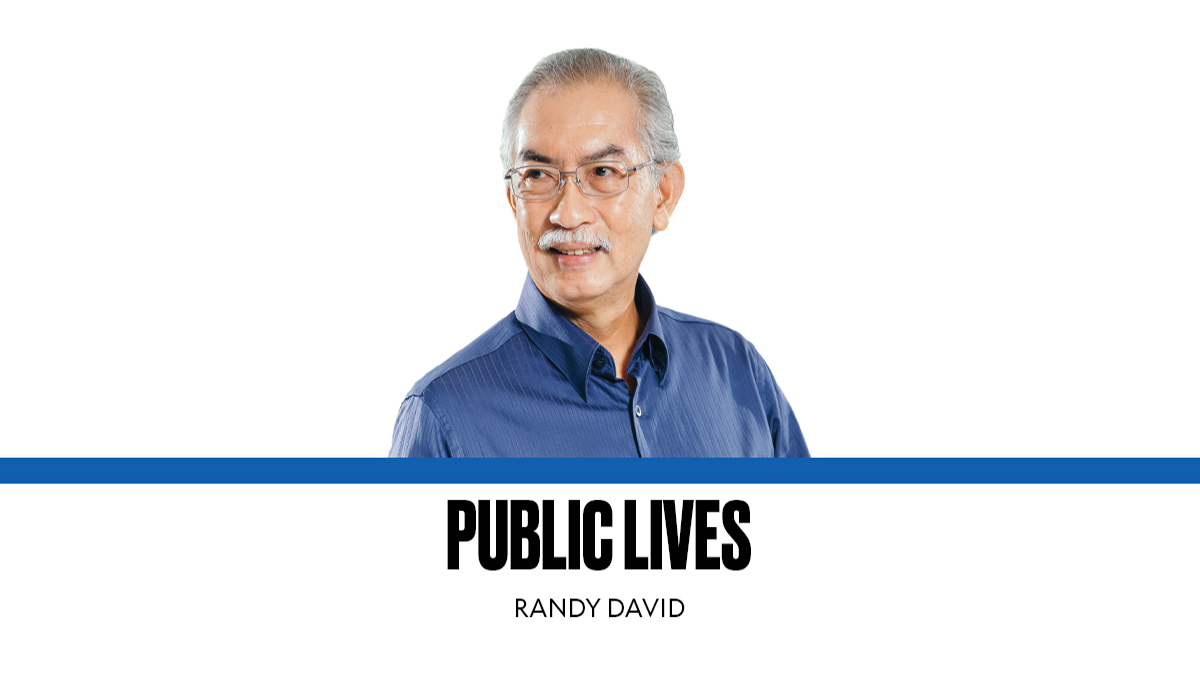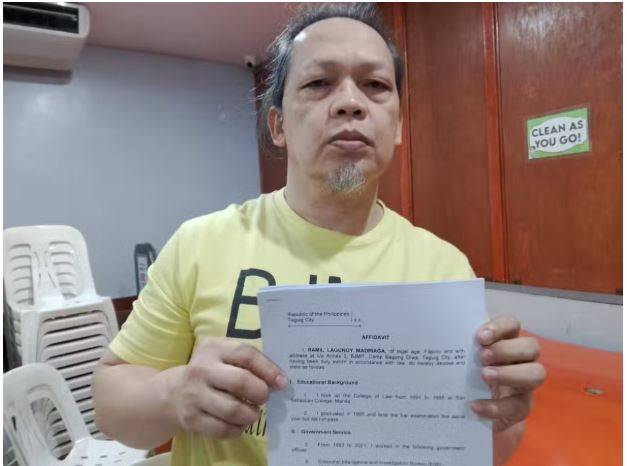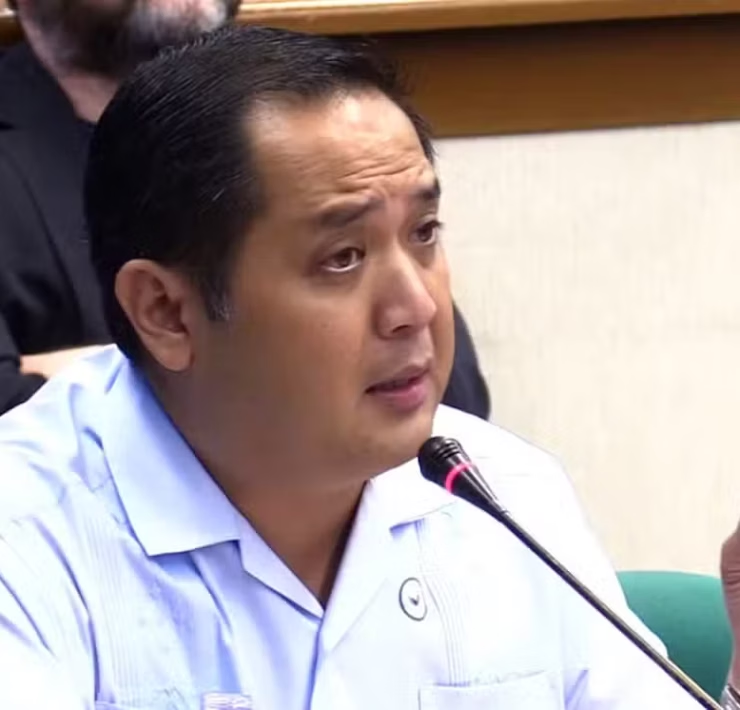The resentment of the powerless

As he bows before his landlord, the Malay peasant bends so low that he quietly passes foul gas in his master’s presence. Thus, the anthropologist James C. Scott opens his seminal book “Weapons of the Weak: Everyday Forms of Peasant Resistance” (Yale University Press, 1985). The peasant’s display of total obeisance conveys what is, at bottom, also an act of spiteful defiance.
Scott argues that the powerless are never entirely without power. While they may not openly challenge authority, they find infinite ways to resist domination—what might today be termed “asserting agency.” They evade rules, they gossip about the powerful, feign compliance, vandalize property, and engage in petty theft. Beneath these seemingly thoughtless and irrational acts, which often look trivial or self-defeating, lies a deep and potent emotion: resentment.
This resentment is a complex syndrome, blending self-pity, helplessness, victimization, malice, envy, and disgust at the injustices of the system—and the unfairness of life itself. I first encountered the concept in the works of Friedrich Nietzsche, the German philosopher and moral psychologist. In his work “On the Genealogy of Morals,” Nietzsche places “ressentiment” at the center of his analysis. He writes: “The slave revolt in morals begins when ressentiment itself becomes creative and ordains values: the resentment of creatures to whom the real reaction, that of the deed, is denied and who find compensation in an imaginary revenge.”
Nietzsche’s point is clear: denied the will or capacity to mount a real rebellion, the powerless turn to compensatory revenge. They invert the values of their oppressors, glorifying weakness, suffering, and lack of refinement while rejecting the strength, self-control, and sophistication associated with the ruling class. Nietzsche’s views here might strike some as elitist snobbery, rooted in his admiration for the “superman.” Yet the reverse can also hold true—the romanticization of the traits of the poor and oppressed.
Scott, in contrast, offers a more affirmative perspective. What might appear as performative resistance or empty gestures of defiance, he argues, are powerful signals of an ongoing struggle in an unjust and unequal society. Though fragmented and incoherent, such acts can, over time, undermine the fragile foundations of power sustained by a complacent ruling class.
What Scott does not explore, however, is how populist demagogues can harness the resentment of the powerless for their own selfish ends, while presenting themselves as the defenders and champions of the oppressed. This, to me, is key to understanding the rise of figures like Rodrigo Duterte and many more who will come after him.
Populist politicians are not new, but Duterte stands apart. As mayor of Davao and later as president, he embodied the entire culture of resentment—the norm-breaking persona, its vulgar language, its animosities, and its repressed anger. In 2016, when he became president, he personified the “imaginary revenge” that a resentful electorate could not themselves enact, whether through electing one of their own or through social revolution.
Once he captured their imagination, Duterte became untouchable. He could say or do no wrong. He questioned God, cursed the Pope, threatened to kill bishops and clergymen, called the United States President Barack Obama an SOB, embraced China while effusively praising its leader, publicly shamed the country’s top businessmen, and even drove some out of business. He ordered the jailing and killing of those he labeled as enemies. Even after leaving office, he continued to court controversy, calling his successor, President Marcos, lazy, weak, and a drug addict.
Yet surveys suggest that Duterte and his daughter Sara still command the loyalty of at least one-third of the population. This enduring adulation for disruptive, anti-establishment figures reflects the toxic byproduct of the hidden resentments festering among the poor and powerless. And it will likely outlive the current administration. It is the bitter fruit of our collective failure to address the long-term well-being of our people.
Of course, many among the powerless will accept the government’s seasonal generosity—the ayuda dispensed during elections. But, like the Malay peasant in Scott’s ethnography, they will often do so with a knowing smirk behind the grateful smile.
—————-
public.lives@gmail.com





















